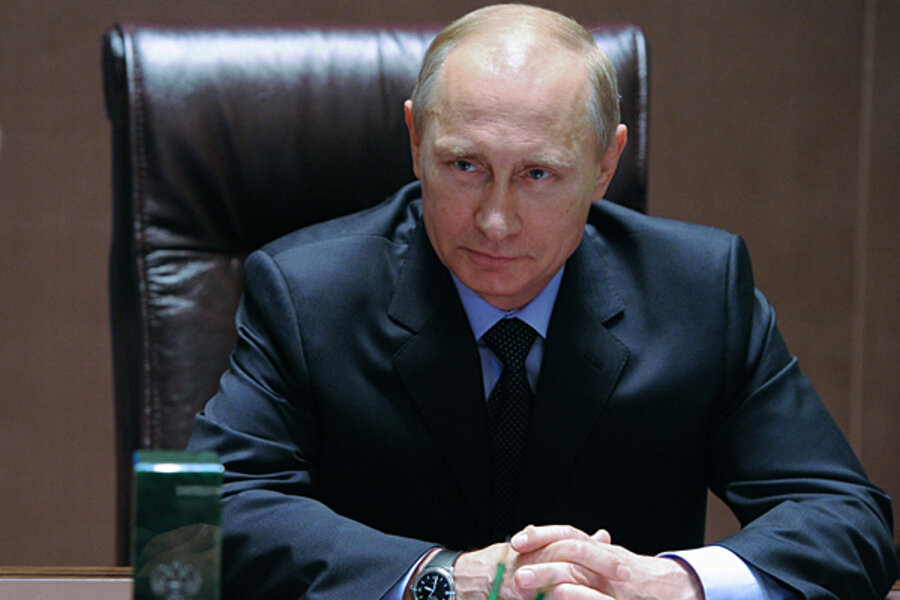Russian economy may falter if Ukraine crisis continues
Loading...
The United States is considering sanctions against Russia’s energy industry in its effort to rein in Moscow’s evident designs on Ukraine.
But analysts say simply persuading Western countries to boycott Russian oil and gas altogether wouldn’t necessarily work because of Europe’s reliance on Russian gas.
According to Robin West of the Center for Strategic and International Studies, a Washington-based policy-research center, “This situation calls for a scalpel, not a meat ax,” West told the Financial Times. “We need targeted asymmetric sanctions that hurt them more than they hurt us.”
Instead, Washington is considering banning exports of consulting services and equipment for new projects to Russian energy companies, who see their future in liquified gas, shale oil and drilling in the Arctic.
Russian President Vladimir Putin, once reluctant to accept Western involvement in his country’s most lucrative resource, recently has become increasingly open to importing foreign technologies, including hydraulic fracturing and other modern techniques, to recover more oil and gas from the ground.
As a result, there are now several projects involving such energy companies as Royal Dutch Shell and Exxon Mobil to help Russian companies, including government-controlled Gazprom and Rosneft, develop resources. Without Western help, these projects would falter, if not fail.
The strategy, importantly, would include exempting privately held companies from such sanctions. This would make the private energy companies more competitive with their government-controlled counterparts and thereby put increased pressure on the Putin government itself.
Such withholding of Western equipment and services has worked in the past, according to the US Energy Information Administration. It estimates that stricter imposed on Iran cut its oil production capacity by about 10 per cent from 2009 through 2013. The threat of such a strategy with Russian energy companies could also lead Putin to be less aggressive about Ukraine.
In the meantime, Russia already appears to be feeling the negative effects of Putin’s Ukraine policy. For example, last week the price of gas in Britain, the largest consumer of gas in Europe, dropped to its lowest point in nearly four years on the ICE Futures Europe exchange in London.
And IHS, the international business consulting company, says that if Moscow becomes more aggressive in Ukraine, its economy could lose $115 billion in revenues in 2015 – fully 3 percent of its gross domestic product. Meantime, the United States and the EU are gradually expanding their sanctions, which could further stall Russia’s economy, which the International Monetary Fund says already is in recession.
In the midst of all this, Russia is having trouble attracting investment in its energy industry because of its worsening ties with the West. This has led existing investors to withdraw their funds from Russia and depressed the value of the ruble.
Europe now imports about one-third of its gas from Russia, half of it flowing through Ukraine. The question is whether Europe can get by with less Russian gas if the Ukraine crisis worsens. Analysts say it probably can.
Because this past winter was milder than normal, EU countries now have fairly high inventories of gas. Their storage facilities are now 55 percent full, according to Gas Infrastructure Europe in Brussels, and analysts say a 90-day disruption of the Ukrainian link to Russian gas probably would not be disruptive.
“The European gas market is currently in a comfortable position, with ample stocks and little heating-related demand," says Lysu Paez-Cortez, a Paris-based energy analyst for Natixis, a global asset management company.
Paez-Cortez pointed to the Nord Stream pipeline that ships gas from Russia to Germany under the Baltic Sea, which opened in 2011, sidestepping Ukraine as a conduit.





